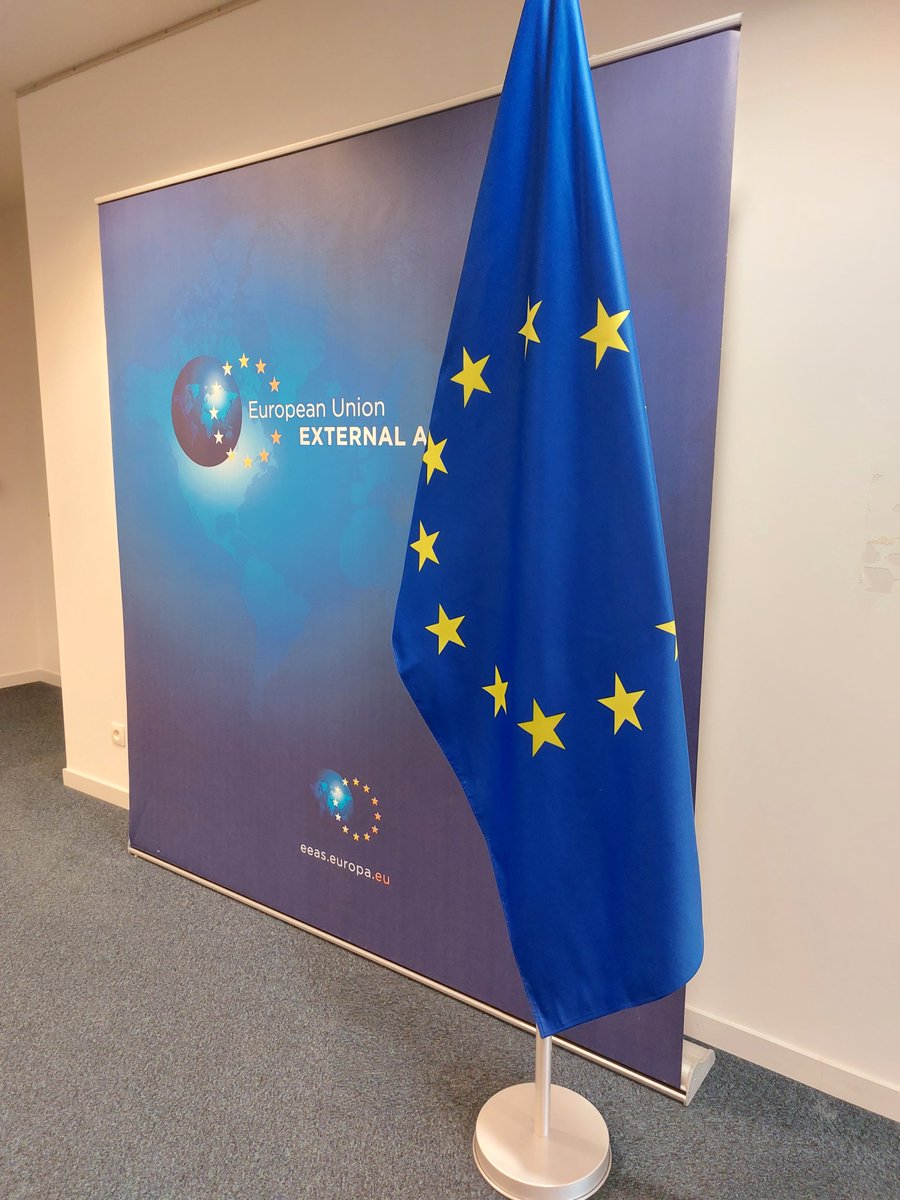
#Colombia’s bid to open talks with organized crime – part of a broader policy of dialogue with all armed structures in the country – is running up against a growing number of legal and political obstacles.
Short 🧵 on where talks stand with the largest group the Gulf Clan (AGC)
Short 🧵 on where talks stand with the largest group the Gulf Clan (AGC)

Total peace is, first and foremost, about reducing violence in the countryside.
AGC is key: they wield enough power to have shut down much of the Atlantic coast & several medium-sized cities during an armed strike last year.

AGC is key: they wield enough power to have shut down much of the Atlantic coast & several medium-sized cities during an armed strike last year.
https://twitter.com/dickinsonbeth/status/1523680741586259968

We @crisigroup have documented how the AGC recruits heavily in rural communities, imposes its will on local elected authorities, orders movement restrictions, & coercively coopts communities through a balance of material handouts and violent penalties.
crisisgroup.org/latin-america-…
crisisgroup.org/latin-america-…
On Monday, the AGC released a statement saying they
1) are willing to sign up to total peace and
2) have hired lawyers from outside the organization who would be responsible for dialogue with the government.
1) are willing to sign up to total peace and
2) have hired lawyers from outside the organization who would be responsible for dialogue with the government.

The @ComisionadoPaz welcomed the communique, and said that this meant informal approximations could begin – but that he was waiting to find out from the AGC who these lawyers are. (min 38)
Yet talks face two significant obstacles, even before the difficulties that emerge within any such dialogue itself: public opinion and the attorney general’s office / broader legal code. 

The attorney general has frozen attempts at ceasefires and initial approximations with the AGC, arguing that his office cannot lift arrest warrants for criminals, whose only route to demobilisation is through the regular judicial system.
semana.com/nacion/articul…
semana.com/nacion/articul…
The remedy to this predicament would theoretically come from a new draft law (Ley de Sometimiento) that creates the conditions for a criminal organization to turn itself over en masse, receiving limited jail time and a percentage of their ill-gained wealth 

The attorney general, as well as members of congress, have concerns.
Some proposed revisions to the law could involve investigations that drag on for years, limiting the efficacy of any law aimed at enticing groups to disarm.
fiscalia.gov.co/colombia/hecho…
Some proposed revisions to the law could involve investigations that drag on for years, limiting the efficacy of any law aimed at enticing groups to disarm.
fiscalia.gov.co/colombia/hecho…
Yet public opinion may prove the harder beast to surmount, particularly following a scandal in which family members of the president allegedly requested pay-outs from criminals in order to receive reduced sentences as part of total peace.
elpais.com/america-colomb…
elpais.com/america-colomb…
The attorney general is investigating, but the damage is done: critics who were already inclined to see it as such argue that talking to narco-traffickers is a morally corrupting endeavor, a bargain with the devil with unclear pay-off.
elpais.com/america-colomb…
elpais.com/america-colomb…
The government says they want to advance with exploratory outreach to the AGC while these challenges run their course.
They will need to walk delicately to make progress on humanitarian issues w/out running ahead of where the law - and Colombian society - allow them to go.
They will need to walk delicately to make progress on humanitarian issues w/out running ahead of where the law - and Colombian society - allow them to go.

• • •
Missing some Tweet in this thread? You can try to
force a refresh











